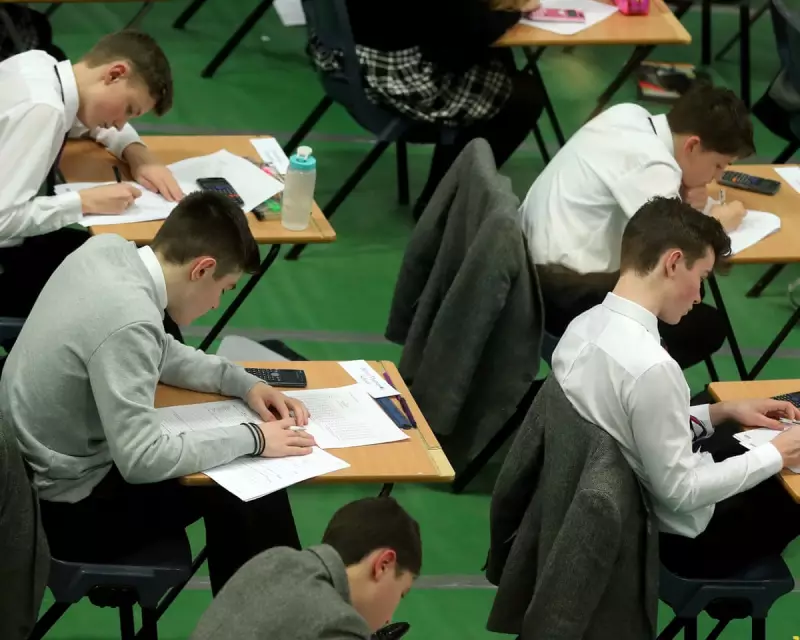
England's GCSE resit system stands exposed as a monumental failure, trapping thousands of young people in a cycle of demoralising repetition with diminishing returns. The government's recent admission that the current approach isn't working marks a crucial first step, but true reform demands far more radical thinking.
For years, students who narrowly miss achieving grade 4 in English or maths have been compelled to retake these qualifications throughout their further education. The results speak volumes about a system in crisis: just 16% of students secure a pass in maths after multiple attempts, while English resits yield only marginally better outcomes at 23%.
The Human Cost of Policy Failure
Behind these dismal statistics lies a human story of frustration and wasted potential. Students who have already struggled with these subjects are forced to abandon diverse vocational interests to repeatedly study material that has previously defeated them. This approach damages confidence, consumes valuable teaching resources, and ultimately sets up many young people for inevitable disappointment.
The system's design appears almost deliberately counterproductive, prioritising bureaucratic targets over educational outcomes and student wellbeing.
Beyond Tinkering: The Need for Radical Alternatives
Minor adjustments to the current failed model won't address the fundamental flaws. Education experts propose several more meaningful approaches:
- Functional skills qualifications that focus on practical numeracy and literacy applicable to workplace and daily life
- Subject-specific literacy and numeracy integrated directly into vocational courses
- Early intervention programs that identify and support struggling students before GCSEs
- Flexible assessment models that recognise incremental progress rather than binary pass/fail outcomes
A System-Wide Reckoning
Effective reform requires confronting uncomfortable truths about educational inequality. The resit crisis disproportionately affects students from disadvantaged backgrounds, effectively punishing those who have already been failed by the system.
Colleges and sixth forms need proper funding and flexibility to implement alternative approaches, rather than being forced to prioritise government targets over student needs.
True progress demands moving beyond the simplistic rhetoric of 'raising standards' to create a system that actually serves the students it claims to help. The admission of failure is a start, but the real work of building something better remains ahead.





